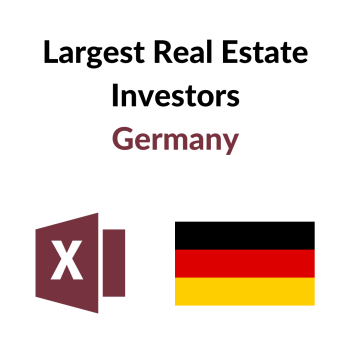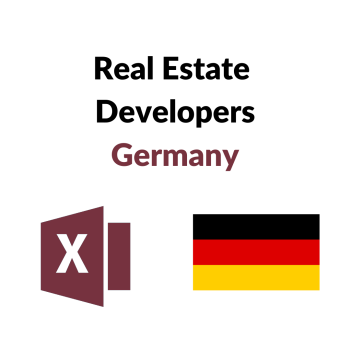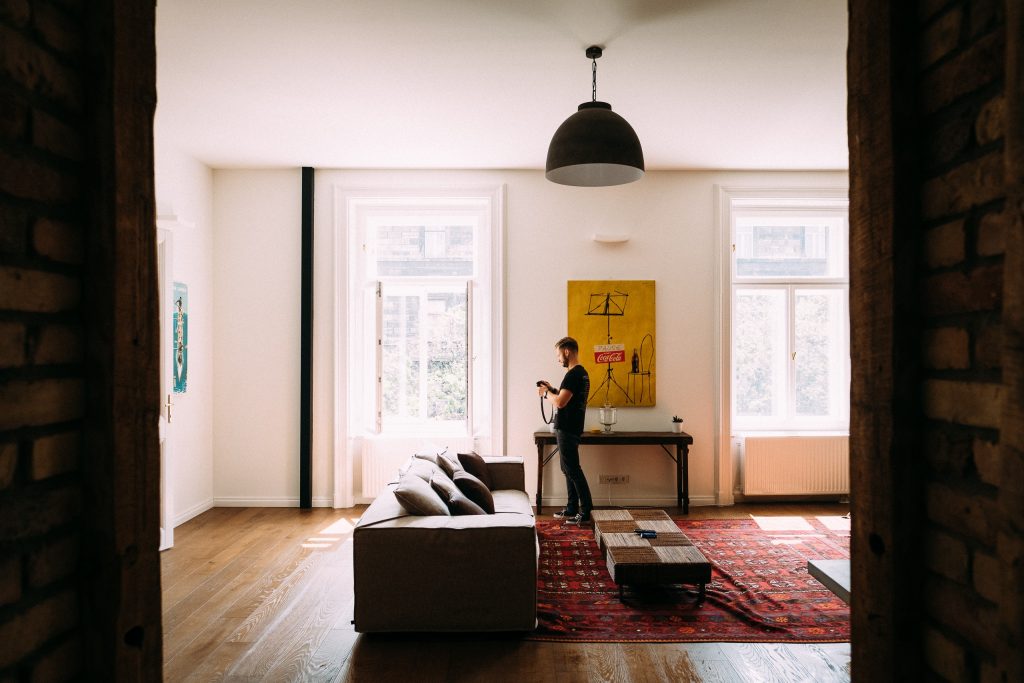You’ve heard of crowdfunding platforms like Kickstarter. They help artists, musicians, filmmakers, designers, and other creators find the resources and support they need to make their ideas a reality. But are you familiar with crowdfunding in the real estate world?
Real estate crowdfunding: The basics
The idea behind crowdfunding in general is that many people are willing to invest a small amount. When they do, large sums of money can be raised quite quickly and it opens doors for investors they could never reach otherwise. This also applies to real estate crowdfunding, which is a form of equity crowdfunding.
There’s one major difference between crowdfunding small projects on websites like Kickstarter and equity (real estate) crowdfunding. Individuals who back equity crowdfunding projects expect a return on their investment (a financial portion of the earnings), while individuals that back projects on Kickstarter expect at most a small “reward” when/if the project is fully funded.
Traditionally, real estate development was only available for investment through private equity in the development company or through real estate investment trusts (REITs). Now, real estate developers can rely on crowdfunding sites to solicit investments from high-net-worth investors who are eager to make an investment in this market.
The Security and Exchanges Commission is aiming to open this market up to all investors, but for now, crowdfunding sites must classify each investor to ensure they qualify for making private investments in real estate via crowdfunding.
Real estate crowdfunding in Germany
The German real estate crowdfunding market is very young. Although a few projects appeared as early as 2012, the market has only taken off after entering the Kleinanlegerschutzgesetz (the Small Investor Protection Act) in July 2015. Yet, it is flourishing.
Real estate accounts for 80% of the crowd investing market. In 2016, the market doubled in size to reach €40 million. In the first five months of 2017, 51 real estate projects raised €52 million.
As far as specific companies go, there are many in Germany. Exporo is the current leader of the market, with more than 100 funded projects and €141M invested capital. Competitors include Zinsland and Bergfürst.
Most German real estate crowdfunding companies offer mezzanine capital – a hybrid of debt and equity financing.
This means that, when building a property, the developer takes on some of the debt (e.g. 80%). Normally, the rest is equity (e.g. 20%). When offering mezzanine capital, there is less equity.
In this case, debt stays at 80%, while equity is lowered to 10%. 10% becomes mezzanine. With this strategy, the developer can spend less equity and realize two projects at the same time. It’s riskier than usual debt, but safer than equity investment.
Want more insight into the real estate crowdfunding market?
We offer research into all sectors of the real estate market. Take a look at our lists of largest property developers and investors. You can also write us through our direct chat and ask how we can send you preview files or get you customized research tailored to your needs.
These articles might also interest you
- Three implications of Berlin’s canceled Airbnb ban
- An intro to real estate crowdfunding in Germany
- Germanys Real Estate Market In A Nutshell
Photo Source: Wikimedia Commons
-
Rated 5.00 out of 5€599,99 Incl. VAT
-
Rated 4.67 out of 5€1.499,99 Incl. VAT





